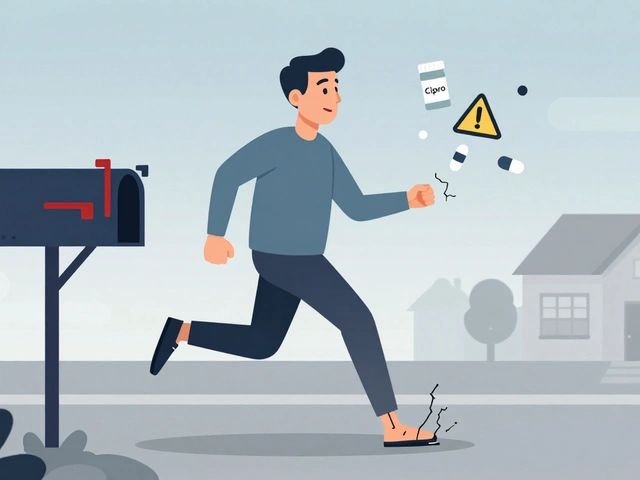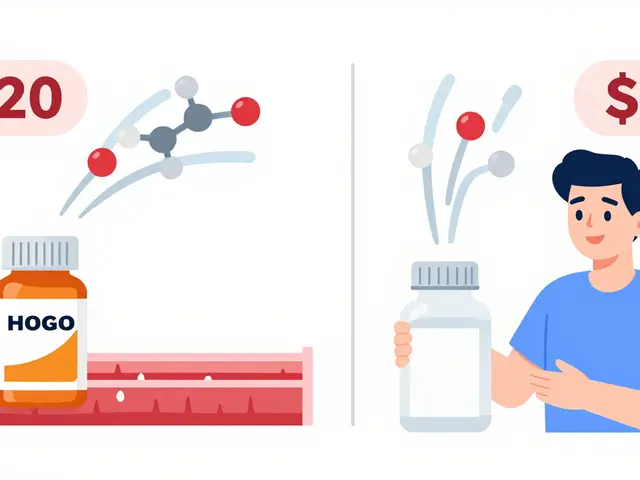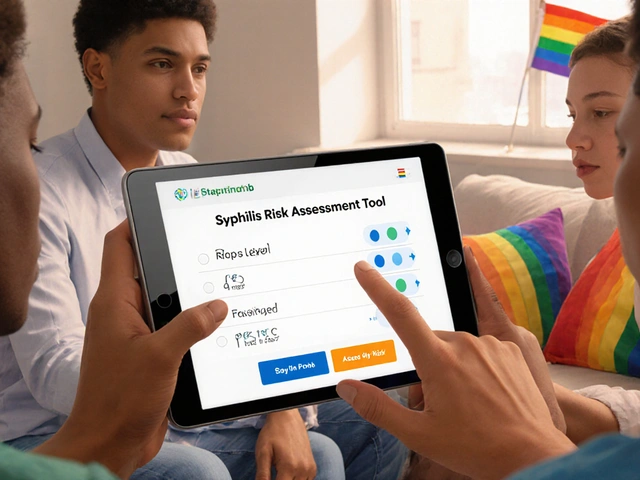Alcohol and Medications: What You Need to Know
Mixing alcohol with medicine can change how drugs work and raise risks. Some meds become stronger, some weaker, and others can cause dangerous side effects when combined with alcohol. This page helps you spot risky combinations and gives clear steps to stay safe.
First, always read your prescription label and the leaflet that comes with your medication. Labels often warn about alcohol. If the leaflet says "avoid alcohol" take it seriously — that warning is based on known interactions. When in doubt, ask your pharmacist or doctor for a straight answer.
Common risky combinations
Alcohol plus sedatives or sleep medicines (like benzodiazepines or strong antihistamines) can cause severe drowsiness, slow breathing, and poor coordination. Mixing alcohol with opioids can be deadly because both can depress breathing. Some antibiotics and diabetes drugs also react badly with alcohol, causing nausea, low blood pressure, or sudden dizziness.
Heart and blood pressure medicines can be affected too. Alcohol may lower blood pressure further or change heart rhythm when combined with certain drugs. Even over-the-counter pain relievers and cold medicines can be risky if you drink a lot while taking them.
Simple rules to stay safe
1) Tell your doctor and pharmacist about all the medicines you take, including OTC drugs, supplements, and herbal remedies. 2) If a medicine says "avoid alcohol," stop drinking while you take it and for the time your provider recommends. 3) If you plan to drink, ask a clinician how much, if any, is safe with your meds. 4) Watch for side effects like extreme sleepiness, slurred speech, fast heartbeat, vomiting, or fainting — these are red flags. 5) Never mix alcohol with painkillers like opioids or with anxiety meds that cause drowsiness.
If you misuse alcohol or the combination makes you sick, get help right away. Emergency care is needed for breathing problems, unconsciousness, or severe confusion. For ongoing alcohol concerns, talk to your primary care doctor — they can offer treatment options and support.
Using online pharmacies? Be cautious. Buy from trusted sources and keep a current list of your prescriptions. A reliable pharmacist can advise about interactions before you order. Fake or poorly labeled meds increase the risk of unexpected reactions with alcohol.
Short practical tip: when starting a new drug, avoid alcohol for at least three days unless your prescriber says otherwise. For drugs with long half-lives, like some antidepressants or antifungals, you may need to wait longer. If you ever feel unsure, choose safety: skip drinking and ask a professional.
Want quick checks? Use the Drug Interactions tools from reliable sites or call your local pharmacy for a fast review. Keep alcohol use honest with your clinician — they can adjust doses or suggest safer alternatives. If you're buying meds online, match drug names and dosages to official labels and save receipts. Small steps—reading labels, asking questions, and staying honest—cut most risks. When a medication and alcohol mix worries you, prioritize safety and get professional advice now.

Spironolactone and Alcohol: Key Facts and Tips
Spironolactone is a medication often prescribed for conditions like heart failure, but drinking alcohol while taking it can lead to unwanted side effects. Understanding how these substances interact is crucial for maintaining your health. This article breaks down essential facts and offers practical tips for safely managing both spironolactone and alcohol intake. Find out how to enjoy a drink responsibly while on this medication.
View More




